Certified AI in Higher Education Specialist
Length: 2 days

The Certified AI in Higher Education Specialist Certification Course by Tonex is a comprehensive program designed to equip professionals in the education sector with the knowledge and skills necessary to leverage artificial intelligence (AI) in various aspects of higher education.
This course covers the utilization of AI for research data analysis, academic administration, predictive analytics for enrollment and retention, student services, and explores future trends in AI.
Participants will gain hands-on experience and practical insights into implementing AI solutions to enhance the efficiency and effectiveness of higher education institutions.
Learning Objectives:
- Understand the fundamental concepts and applications of AI in higher education.
- Develop skills in using AI for research data analysis and academic administration.
- Implement predictive analytics to improve enrollment and retention rates.
- Enhance student services and support through AI-driven solutions.
- Explore future trends and innovations in AI for higher education.
- Apply ethical considerations and best practices in the deployment of AI technologies.
Target Audience:
- University administrators
- Academic researchers
- Enrollment and retention specialists
- Student services and support staff
- IT professionals in education
- Policy makers and education consultants
Program Modules:
- AI for Research Data Analysis
- Introduction to AI and Machine Learning in Research
- Data Collection and Preprocessing Techniques
- AI Tools for Data Analysis and Visualization
- Case Studies of AI in Educational Research
- Ethical Considerations in AI Research
- Hands-on Practice with AI Data Analysis Tools
- AI in Academic Administration and Operations
- AI Applications in Course Scheduling and Curriculum Development
- Automating Administrative Tasks with AI
- Enhancing Decision-Making Processes through AI
- AI for Resource Allocation and Management
- Improving Communication and Collaboration with AI
- Case Studies of AI in Academic Administration
- Predictive Analytics for Enrollment and Retention
- Understanding Predictive Analytics and Its Benefits
- Data Sources for Enrollment and Retention Analysis
- Building Predictive Models for Student Enrollment
- Identifying At-Risk Students with Predictive Analytics
- Strategies for Improving Student Retention Rates
- Implementing Predictive Analytics Solutions
- AI in Student Services and Support
- AI-Powered Chatbots and Virtual Assistants
- Personalized Learning and Support Systems
- AI for Career Counseling and Placement Services
- Enhancing Mental Health Support with AI
- Monitoring and Improving Student Engagement
- Real-World Examples of AI in Student Services
- Future Trends in AI for Higher Education
- Emerging AI Technologies in Education
- The Role of AI in Lifelong Learning and Continuing Education
- AI and the Future of Online Learning Platforms
- Impacts of AI on Teaching and Learning Methodologies
- Policy and Regulatory Considerations for AI in Education
- Preparing for the Future: AI Skills for Educators and Administrators
Exam and Certification Details
Exam Domains:
- Industry-Specific AI Applications: Understanding the unique applications and benefits of AI in the respective industry.
- AI Tools and Techniques: Knowledge of AI tools, techniques, and technologies used in the industry.
- Implementation Strategies: Skills in implementing AI solutions within industry-specific contexts.
- Regulatory and Ethical Considerations: Understanding the regulatory and ethical implications of AI in the industry.
- Case Studies and Best Practices: Analyzing real-world examples and best practices of AI implementation.
Question Types:
- Multiple Choice Questions (MCQs): Questions with four or more answer choices, where only one is correct.
- Multiple Select Questions: Questions with multiple correct answers out of a list of options.
- True/False Questions: Questions that require the candidate to determine if a statement is true or false.
- Scenario-Based Questions: Questions that present a hypothetical scenario and ask the candidate to apply their knowledge to solve a problem or make a decision.
- Drag-and-Drop Questions: Interactive questions where candidates drag and drop items to match, sort, or rank them correctly.
- Simulation Questions: Questions that require candidates to perform tasks or troubleshoot problems in a simulated environment.
Passing Criteria:
- Minimum Passing Score: Candidates must score at least 70% on the exam to pass.
- Sectional Cutoff: Candidates must achieve a minimum score of 60% in each exam domain to ensure a balanced understanding of all key areas.
- Time Limit: The exam must be completed within 3 hours. Candidates are encouraged to manage their time effectively across all sections.
